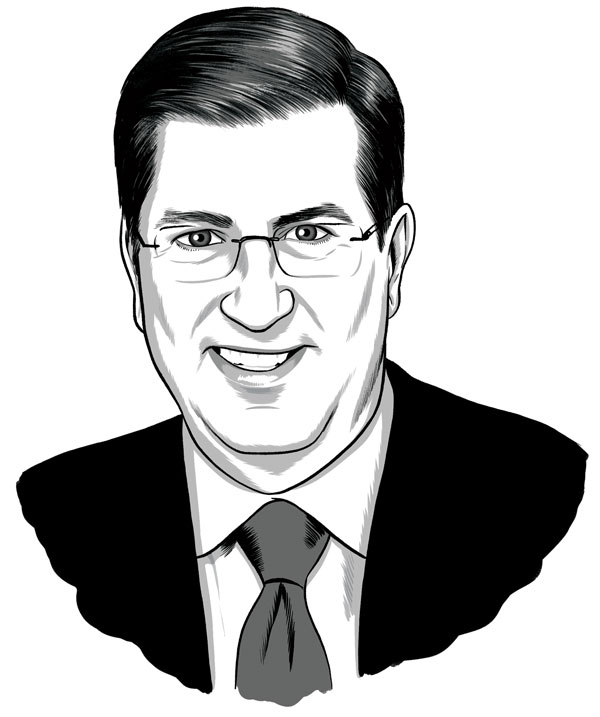

Higher education was grappling with unsustainable financial models and shifting demographics long before the virus emerged. The global outbreak of COVID-19 has dramatically accelerated a looming crisis, threatening the safety of students and the delivery of education. Every institution, including Bucknell, is dealing with unprecedented challenges in the face of the unknown. Many of those challenges will be fiscal in nature.
Our pivot to remote education for the spring semester, while the right move for health and safety, cost the University $10 million. Our immediate steps to counter this loss include cancellation of pay increases for employees, temporary salary reductions for myself and top administrators, budget cuts, a hiring freeze, a one-year suspension of new admissions to our graduate programs and postponement of most building projects.
Despite these conditions, our Admissions team enrolled 1,032 outstanding students for the Class of 2024, as of early June. This is an even stronger outcome than last year. But uncertainty casts a shadow on this good news, as we won’t know until this fall how many students will change their plans or how many current students might withdraw, transfer or take a gap year as a result of the pandemic. Finally, while we fully intend to open campus on Aug. 17, our ability to do so will be determined by government directives we cannot predict.
POSSIBLE IMPACT
What would happen to Bucknell if fewer students start classes this fall? With tuition providing 70% of our operating revenue, it’s a question that keeps me up at night. We’ve already canceled a planned 3.5% tuition increase for 2020-21. Continued spread of the virus could result in a remote fall semester, which could prompt tuition reductions. The pandemic’s impact on personal finances has already reduced contributions to our Annual Fund, which typically receives about $12 million a year. Our University endowment has suffered and is not likely to yield desired returns this year as the economy continues to struggle.
In the face of so many unknowns, we, like college administrators across the country, can only respond by preparing multiple financial plans keyed to varying public health scenarios. We have initially modeled enrollment drops of 10, 20 and 30%, the latter of which would mean a budget shortfall of more than $50 million if we did nothing more to reduce expenses. Indeed, colleges that were on thin financial ice before the pandemic may not survive. Bucknell is fortunate to be in a relatively strong position, and we are developing plans to address whatever circumstances arise.
STRONGER TOGETHER
Recognizing that the pandemic has affected each of us in different ways, I ask you to help your fellow Bucknellians in any way you can: Attend virtual Bucknell events, engage on @BucknellU social media, hire a student or host an intern, volunteer for the Center for Career Advancement or spread the word about Bucknell in your community and social circles. If you are able to support our Student Needs Fund, we would be most grateful.
From suspension of classes during the Civil War to our near-financial ruin in 1882, when William Bucknell saved the University from imminent closure, Bucknell has triumphed in seemingly impossible circumstances. Certainly, none of us could have predicted that a global pandemic would be our next great impediment. But the very idea of education is predicated on hopeful belief in the future, and we will meet this challenge together.

John C. Bravman
President